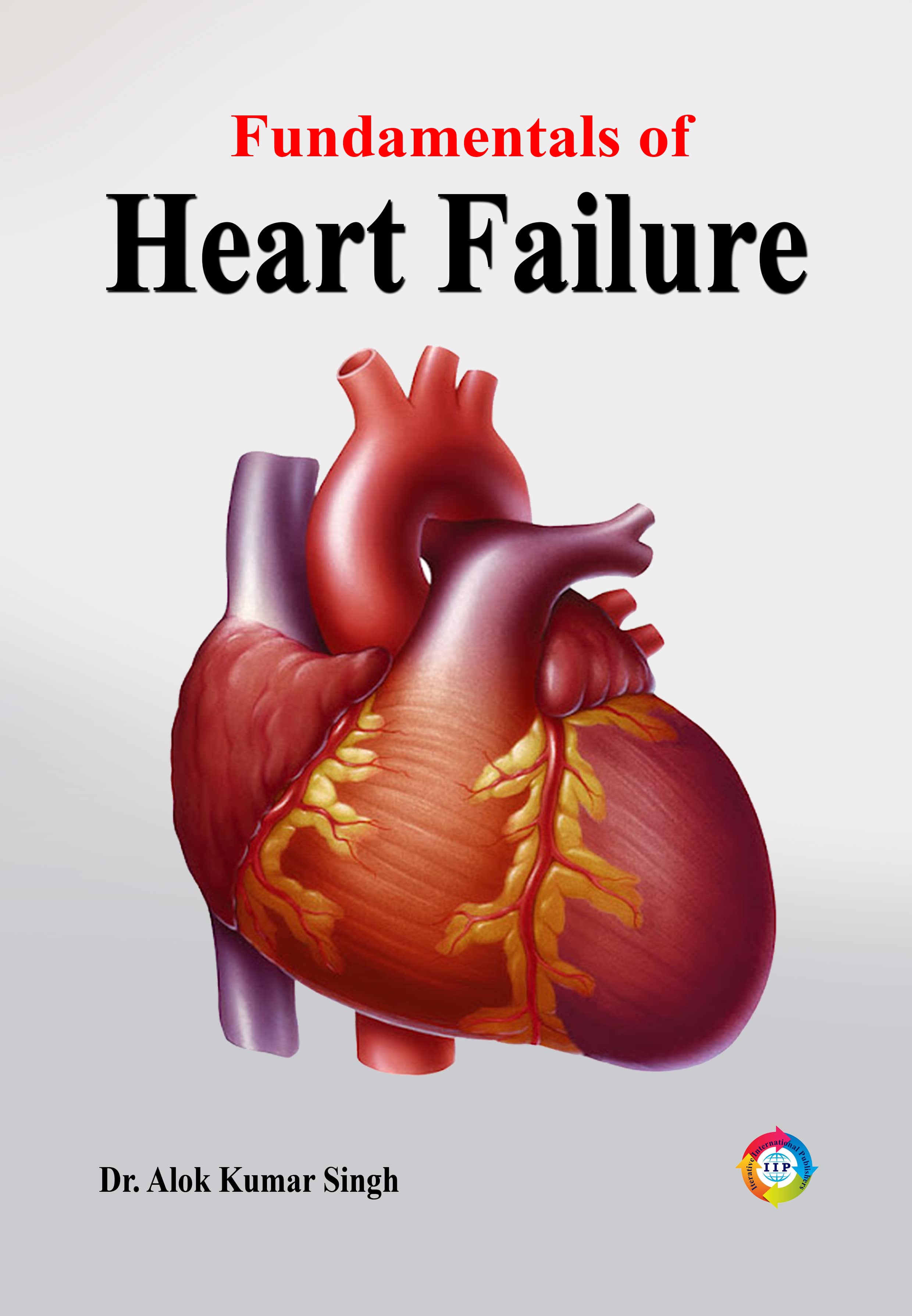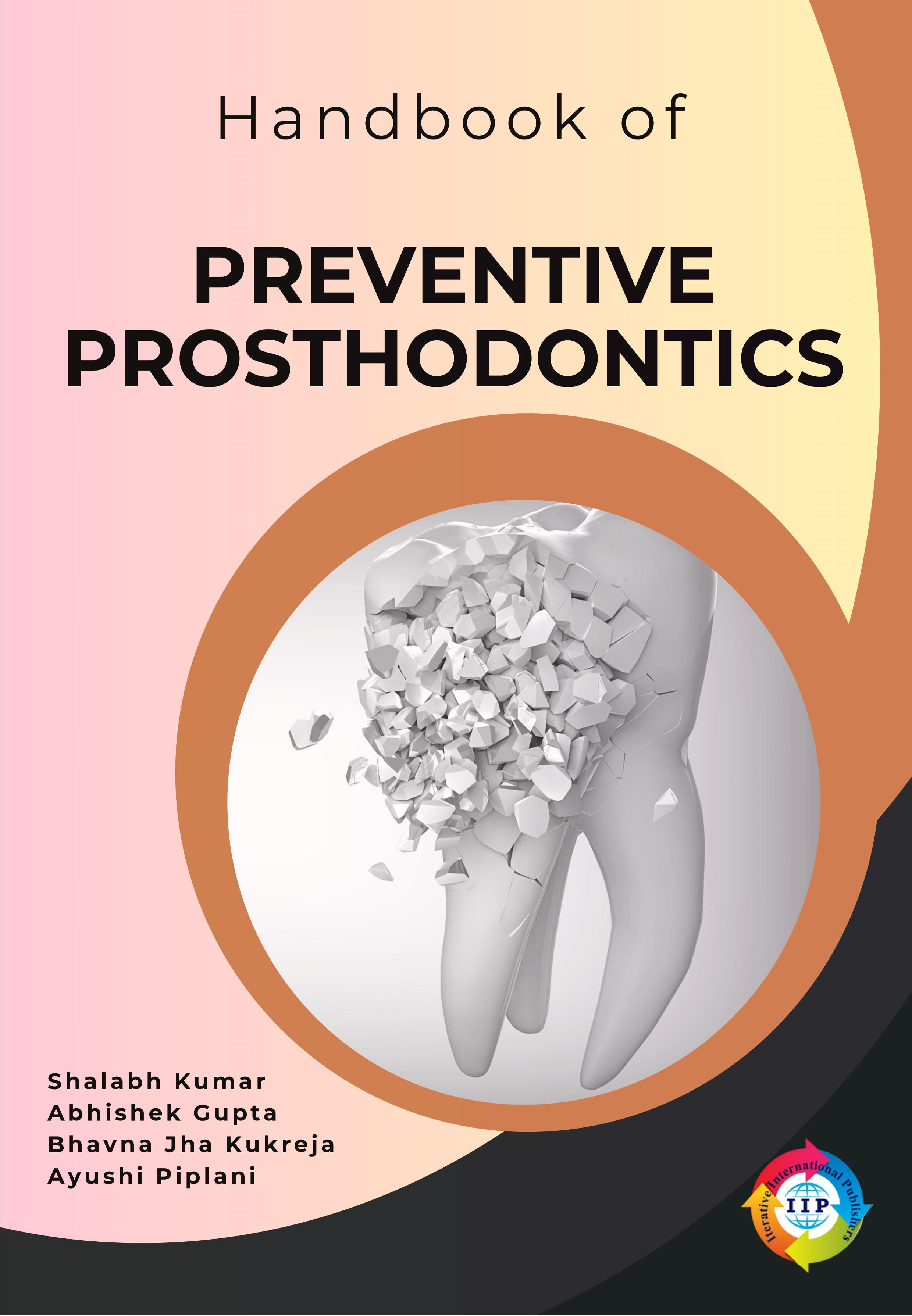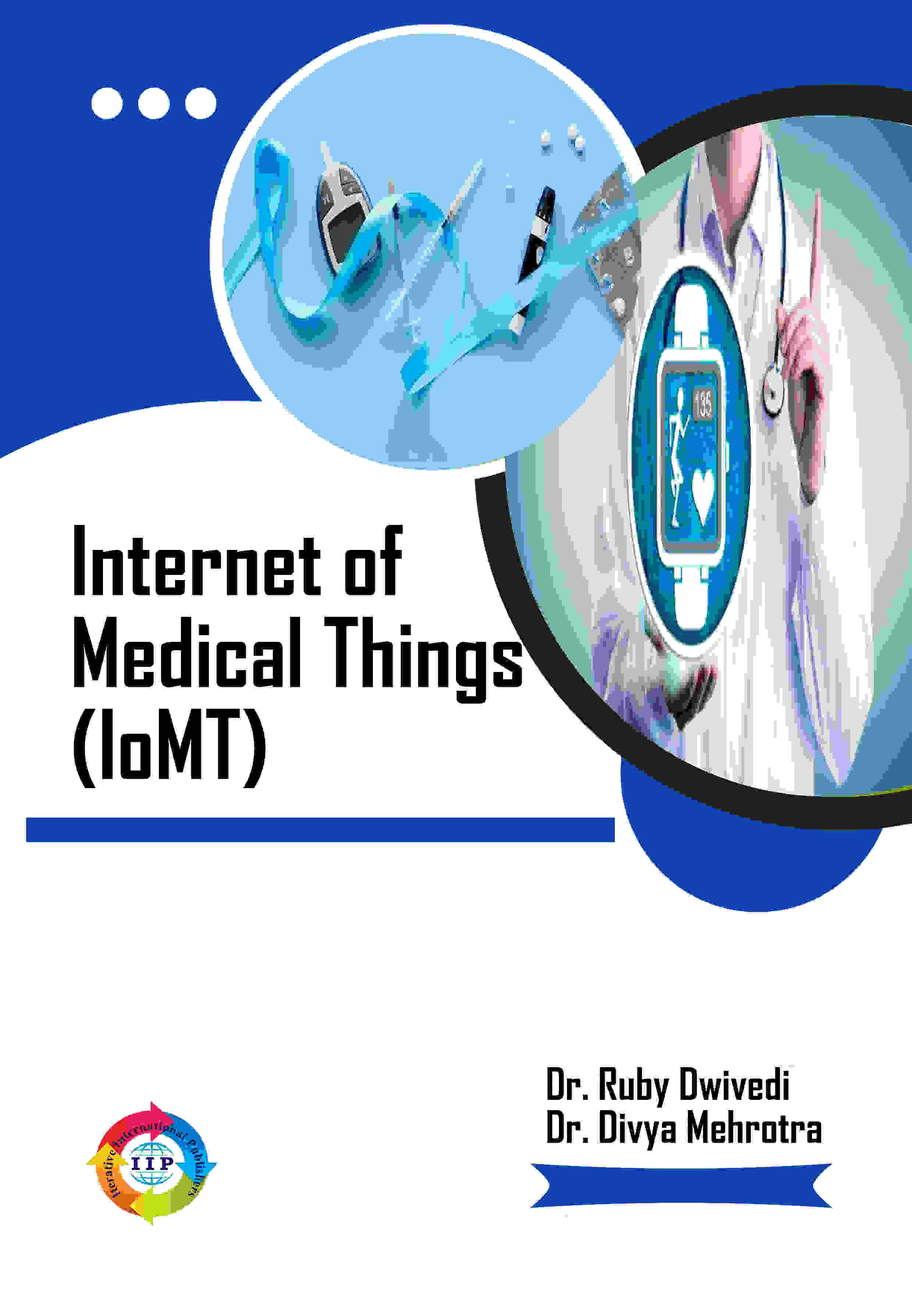
FUNDAMENTALS OF HEART FAILURE
-
TypePrint
- CategoryAcademic
- Sub CategoryPhD Thesis/Thesis
- StreamMedical Science, Pharmaceutical & Nursing Sciences
Heart failure is the ultimate final outcome of any disease which affects heart with or without involvement of any other organ, if left untreated at appropriate time. Many new classes of drugs like ARNI and SGLT-2 inhibitors have shown great promise in terms of morbidity and mortality in heart failure and have created great enthusiasm in cardiologist and heart failure specialist. The question arises there are so many books on heart failure available, then why need another and how this book will be different from others. Nowadays most of the books are written by multiple authors which become so voluminous because of repetition of same facts multiple times and sometimes two chapters are having altogether different perspective on same topic as these chapters are written by different group of researchers. Another problem which is being faced by the practicing cardiologists is rapid changes in guideline and sometimes change in the recommendation based on same piece of evidence. Another issue which needs to be understood is that each patient is unique in its profile and he or she should be treated with the treatment with the best possible evidence available.Another question which we have to understand is that guideline recommendations don't apply to approximately 50 percent of the heart failure patient which we actually see in our day to day clinical practice. For example if we see the latest DAPA-HF study of dapagliflozin, which showed positive outcome in terms of all cause mortality, total 8134 patients screened and out of which only 4744 (58.23% ) patients underwent randomization and only 2373 patients were randomized to dapagliflozin and 2371 assigned to placebo. Out of 2373 patients, 5 patients did not receive dapagliflozin and 249 discontinued dapagliflozin and 14 had incomplete follow-up and similarly in placebo group out of 2371 patients, 3 patients did not receive placebo and 258 discontinued placebo, 20 patients had incomplete follow-up, and 2 had unknown vital status. So there is no authentic data available for approximately 551 (268 in dapagliflozin +283 in placebo) patients. So in true sense out of total 8134 patients, only 4193 patients were actually being studied. So is it justified to treat all patient with these therapies as we clinicians are expected to do by guideline makers and in a logical way of thinking answer is no. We can use these therapies in only that subset of patients who have been studied in randomized controlled clinical trials and one size does not fit to all patients. My point of contention is that all heart failure will not respond to same therapies in same manner and we must prioritize the treatment according to type of heart failure, aetiology of heart failure, hemodynamic status, of the patient, clinical presentation and presence of co morbidities. The goal in writing this book was to summarize the current concepts of heart failure in comprehensive yet concise manner that would be mainly useful to those clinical practitioners who are managing heart failure patients. In this book, I have tried to cover the fundamental basics of heart failure, from definition to diagnosis and pathophysiological and pharmacological basis of management of heart failure from a clinicians perspective. I strongly believe this book will be very useful for the cardiologist from Indian subcontinents, because we cannot follow western guidelines blindly because of limited resources, and altogether different patient profile and patient's expectations. I hope readers will find this book as a valuable companion in the management of heart failure patients.
**Note: IIP Store is the best place to buy books published by Iterative International Publishers. Price at IIP Store is always less than Amazon, Amazon Kindle, and Flipkart.





COMMENTS
No Review found for book with Book title. FUNDAMENTALS OF HEART FAILURE